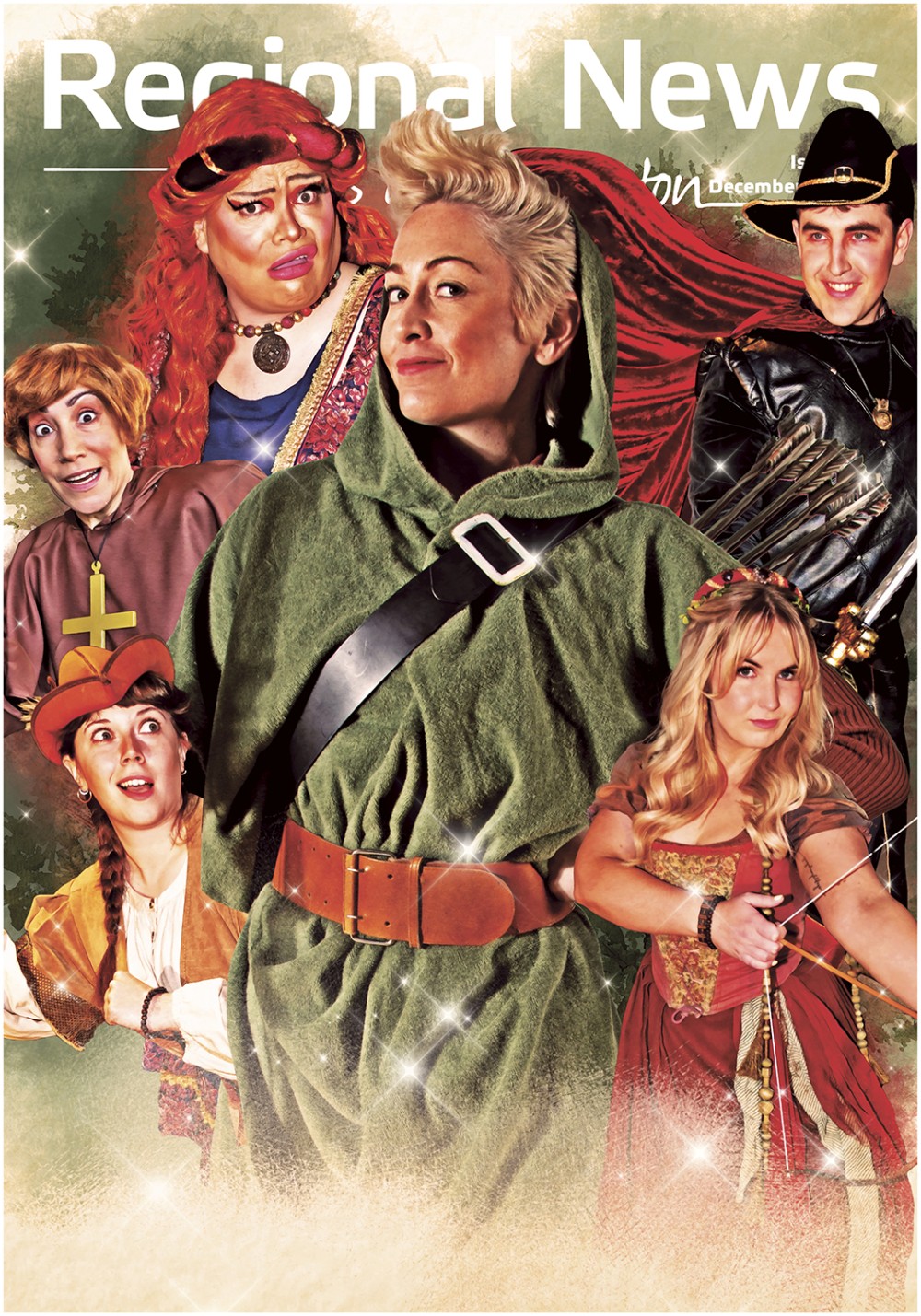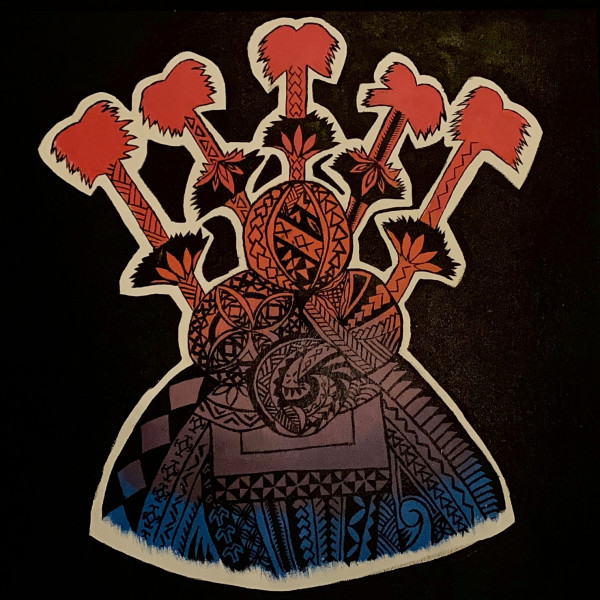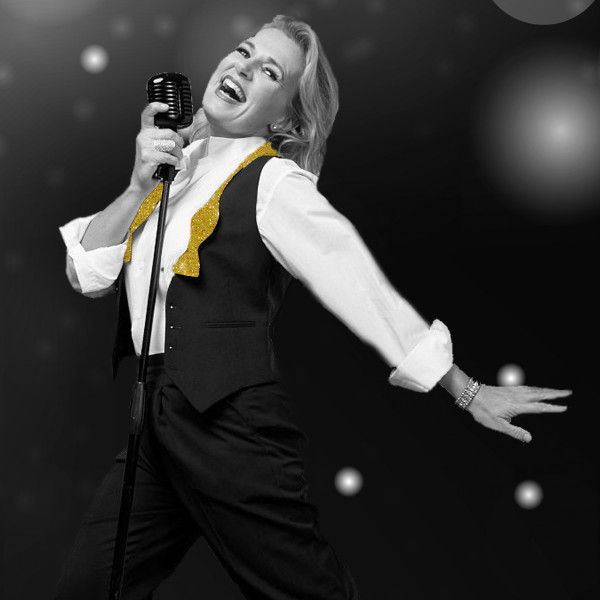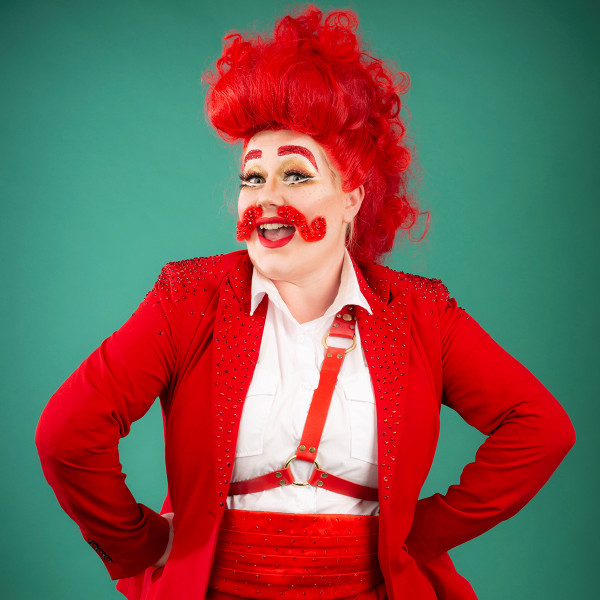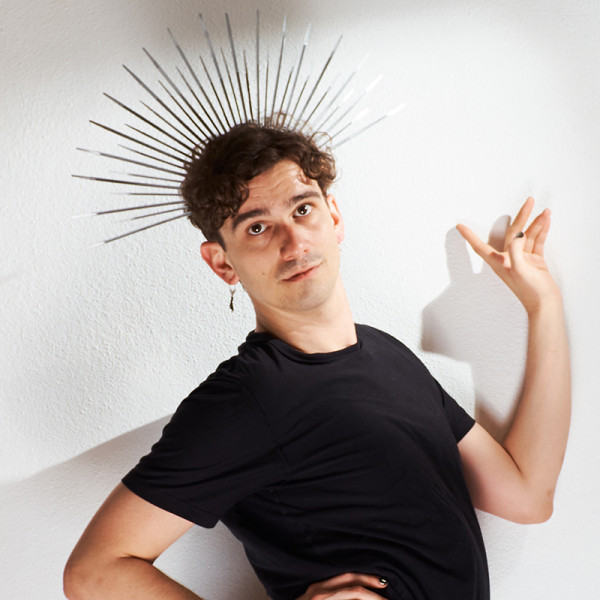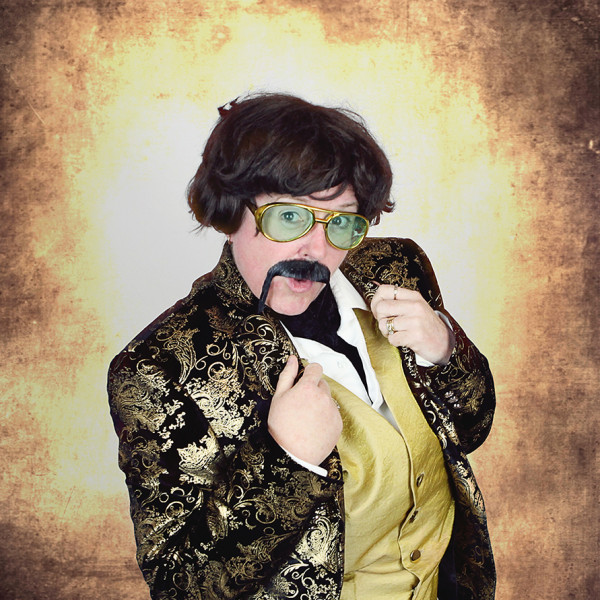
Caburlesque – cABBAlesque
Presented by: LadyTramp Designs Ltd
Fringe Bar, 6th Feb 2021
Reviewed by: Madelaine Empson
Marrying cabaret and burlesque, Caburlesque is the longest running variety show of its kind in Wellington. For this jam-packed ABBA-themed rendition, I’m thrilled to join such an enthusiastic crowd. So enthusiastic, in fact, a bunch of hecklers regularly howl for “Carol”. The Carollers are handled beautifully by hostess with the mostess Sadie von Scrumptious, whose wicked sense of humour grows on me as she introduces the fABBAlous acts in turn.
The Red Queens kick it all off with a silly and sparkly, funny and fun belly dance to The Winner Takes It All. Felix Goodfellow then treats us to a swipe-right soirée, complete with a sequined eggplant I can’t describe in any more detail here. Taking the stage next – well, taking the pole – is the talented Cardiac Mercenary, who wows the crowd with trick after trick to a metal cover of an ABBA song. The darker notes of this routine feel out of place to me, but hey, they don’t call it a variety show for nothing!
Brightening the vibe is Rosina June with a sweet little karaoke number before Felicity Frockaccino comes in hot (pink) with a wholesome yet fierce lip-sync to Dancing Queen. Anglebert Humpermink brings the big mo and big energy to Does Your Mother Know, while Pip E-Lysaah has me watching her honey-centric act through my fingers. No spoilers here but boy did I screech. Then it’s time for Maree Prebensen and Giada Caluzzi’s dazzling pole routine to Money, Money, Money. Both look so at home on the stage and their chemistry crackles when they perform together. Constance Craving’s act sees her swap out lyrics in Mamma Mia to diss the movie, and while I wholeheartedly disagree (Mamma Mia is the most delightful film and I am willing to fight you on this), it’s one of my favourite performances of the night.
Ellie Kat’s lip-sync to an ABBA medley is the perfect finale. We’re boogieing in our seats, ready to go out into the night to – hopefully – find that blasted Carol.



